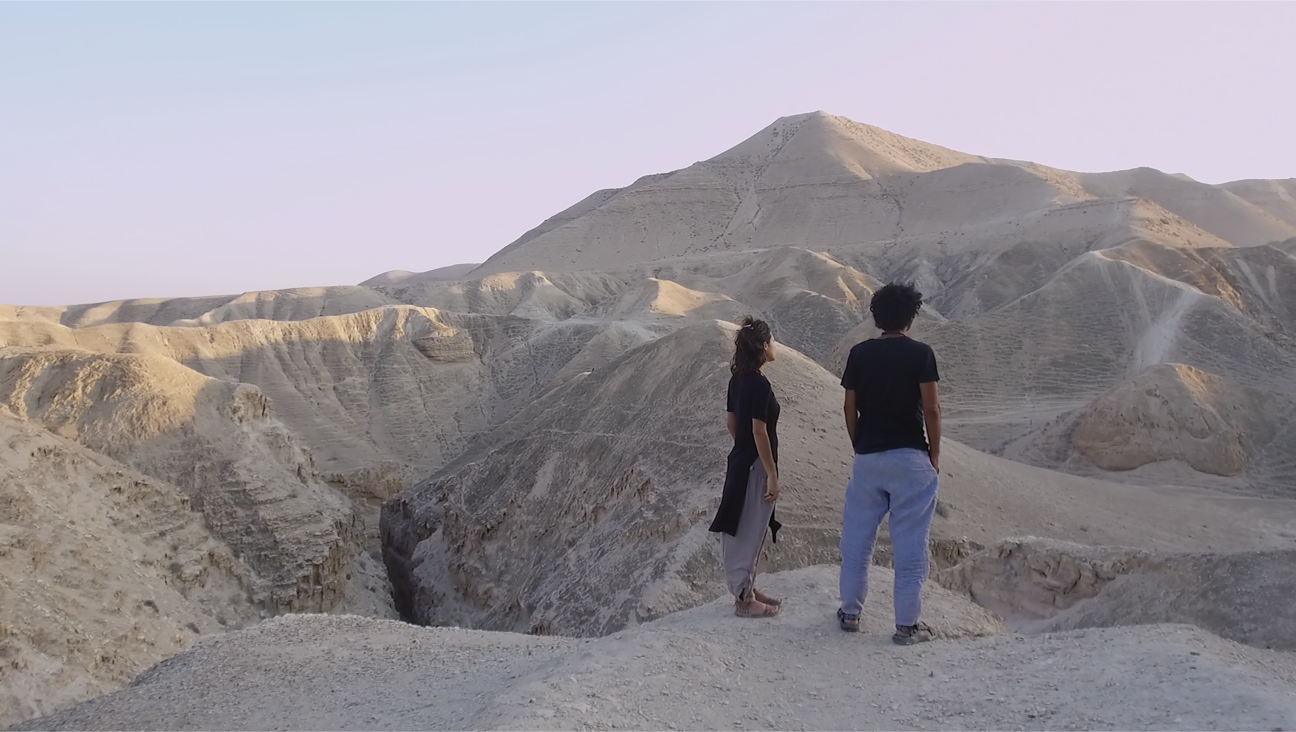Thai Course Launched
A new Yiddish course is debuting in an unexpected place: Bangkok.
The Goethe Institute in the Thai capital is offering Yiddish for the first time to graduates of its advanced German-language program, most of whom are Thai Buddhists.
The class, which is being conducted in German and Yiddish, will also teach the basics of Jewish religion, history and culture — from Albert Einstein to David Ben-Gurion to rapper Matisyahu. In addition, students will do field research: visiting one of the country’s Chabad houses to interview rabbis about Jewish life in Thailand, or asking for kosher food in an Israeli restaurant on Bangkok’s Khaosan Road, which is the central locale for most visiting Israeli backpackers, and noting the waiters’ reactions.
The 10-person class, which began last week, is being offered on a trial basis exclusively to the Goethe Institute graduates for now; it is not yet open to the public.
Peter Ewaldt, a teacher at the institute, created the program for the German students, noting that “Yiddish is very close to German.” Although he is not Jewish, Ewaldt studied Yiddish as part of his research on the Jewish community in Thailand, which comprises about 1,000 residents plus more than 100,000 visitors each year, including many Israelis. “The Jewish-Israeli community in Thailand, in which many members speak Yiddish, is united much more than any other foreign group in Thailand,” he told the Forward. “Jewish people stick together, help and care for each other. I chose Yiddish to show the students how a nation separated from its homeland developed a language and a system to survive.”
Since Yiddish is not a mother tongue for Ewaldt or for the other teachers, students will use Internet sites to enhance their “self-learning” outside the classroom. The Israeli ambassador to Thailand, Yael Rubinstein, has offered to help find native Yiddish speakers who can assist the students with practice; she also offered to help organize a Yiddish theatrical or musical performance in Bangkok. Rabbi Nehemiah Wilhelm, who oversees Bangkok’s Chabad house, volunteered to answer students’ questions and to give a lecture in Yiddish about Judaism; the class will visit the Chabad house this week and meet with Wilhelm.
Many Thai people know about Hebrew, which is sometimes taught to those who travel to Israel as guest workers. But there is almost no awareness of Yiddish.
Nat Pra, a 25-year-old graduate of Bangkok’s Ramkhamhaeng University with a focus on political science, is interested in signing up for the new program. “Jewish people are clever,” she said. “One needs to study their language and culture to understand the way they think.”
The language is already gaining traction. In a small alley in the Banglampu area of Bangkok, I recently met two Thais speaking a bit of Yiddish.
Pi Tuk, 47, has worked for 15 years driving a tuk-tuk, a three-wheeled pedicab. He practices Yiddish with Orthodox Jewish customers who come to Thailand on business: “When I see a Jew wearing black and white with a long beard, looking for a taxi, I shout at him, ‘Vos vilstu? Ikh ken layder nor a bisl yidish.’ [“What do you want? I can speak Yiddish a little.”] When they hear it, they will take me for the whole day.”
Nong Somchai, 33, is also a tuk-tuk driver. He has picked up a bit of the mamaloshn from Pi Tuk. “My brother, Pi Tuk, taught me every trick in the taxi business,” he said. “I do not know the meaning of that sentence, but I have tried it more than once with the Israeli backpackers I drive. It is working better than Hebrew-slang phrases. When they hear it, they always laugh.”
A message from our Publisher & CEO Rachel Fishman Feddersen

I hope you appreciated this article. Before you go, I’d like to ask you to please support the Forward’s award-winning, nonprofit journalism during this critical time.
We’ve set a goal to raise $260,000 by December 31. That’s an ambitious goal, but one that will give us the resources we need to invest in the high quality news, opinion, analysis and cultural coverage that isn’t available anywhere else.
If you feel inspired to make an impact, now is the time to give something back. Join us as a member at your most generous level.
— Rachel Fishman Feddersen, Publisher and CEO






















